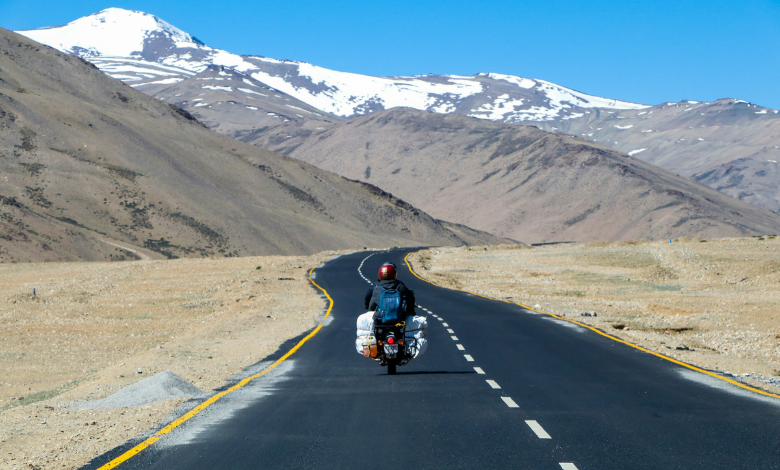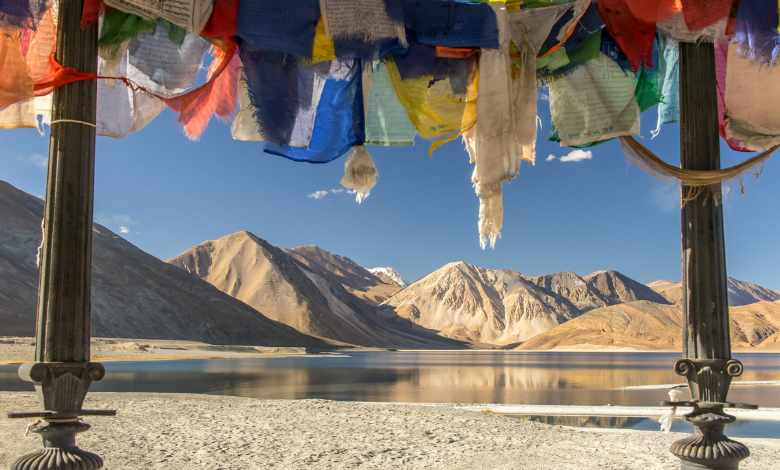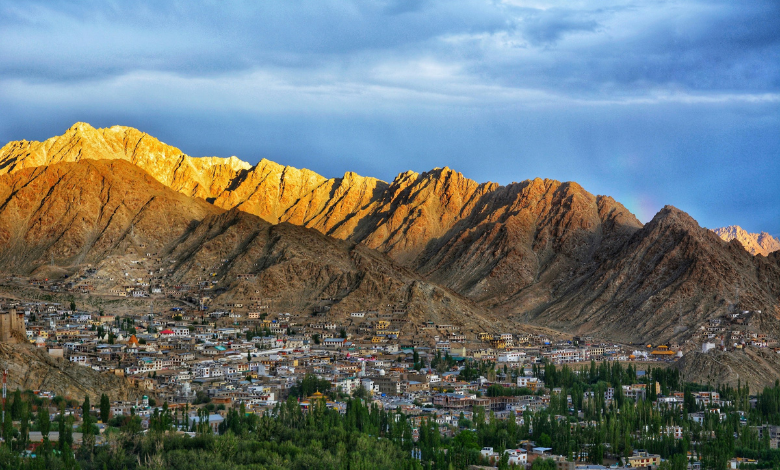Sustainable tourism in Ladakh: Best time to explore ‘Land of High Passes’ is here

India is one of the most ecologically diversified countries across the globe, housing a variety of stunning landscapes such as mighty mountains, endless oceans, mesmerising deserts, rich forests and beautiful lakes. The high-altitude cold desert of Ladakh is one such landscape.
Ladakh, or the Land of High Passes, often leaves tourists stunned. The union territory is an absolute delight for nature lovers and adventurers. Ladakh has some of the highest elevated motorable courses like Chang La and Khardung La, besides alpine lakes like Pangong Tso.
Ladakh is also one of the top trekking destinations in India, facilitating extraordinary treks like the famous Chadar Trek/Frozen River Trek. The place also has prospects for adventure sports like mountaineering, motorbiking and mountain biking.
There needs to be a balance in Ladakh

Every visitor’s favourite, Ladakh sees numerous ancient Buddhist monasteries huddled amidst mountains, adding to the pristine beauty of the place. These monasteries act as important cultural centres and often see major religious festivals being held there.
Though Ladakh has become a preferred place for travellers from around the globe, it has been suffering from the adverse impact of tourism on its soil, consequential to excess garbage, noise and air pollution, and improper use of natural resources.
There needs to be a balance between tourism’s economic, socio-cultural and environmental consequences. Sustainable Tourism is referred to as taking complete care of the needs of visitors, the industry, the environment and locals.
Promoting sustainable tourism in Ladakh

Ladakh is a tremendously ecologically fragile place and can be divided into three central regions: Leh, Nubra and Zanskar. The climate over Leh indicates of warming trend with reduced precipitation in the current decade. The glaciers are melting fast and flash floods are frequent.
The Ladakh government has taken on a heavy task of waste management, controlling carbon emissions and maintaining the sensitive Himalayan ecosystem. The central government is also focusing on a number of aspects such as adventure, culture and responsible tourism.
Both opportunities and challenges are plenty. Tourism should have minimal effects on the local ecology. The main purpose of promoting Sustainable Tourism in Ladakh is to generate employment opportunities for locals, promote the culture and products, and protect nature.
This article is part of our ongoing ‘Sustainable Tourism’ series. Stay tuned for more.
Read More: Sustainable tourism in Antarctica: Discover the remote continent the right way



